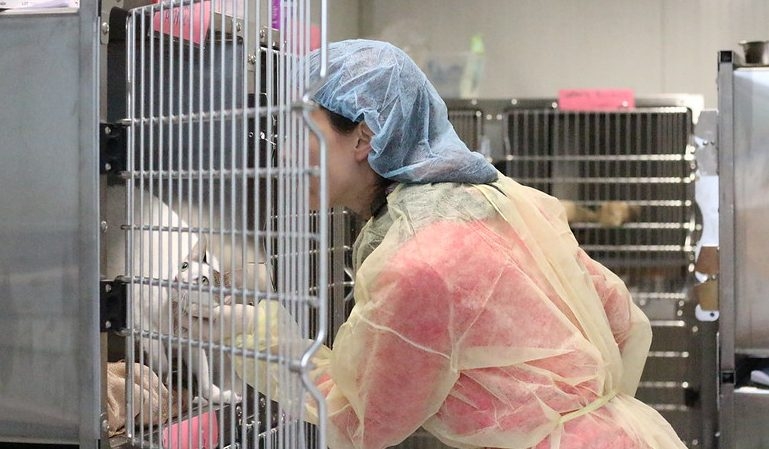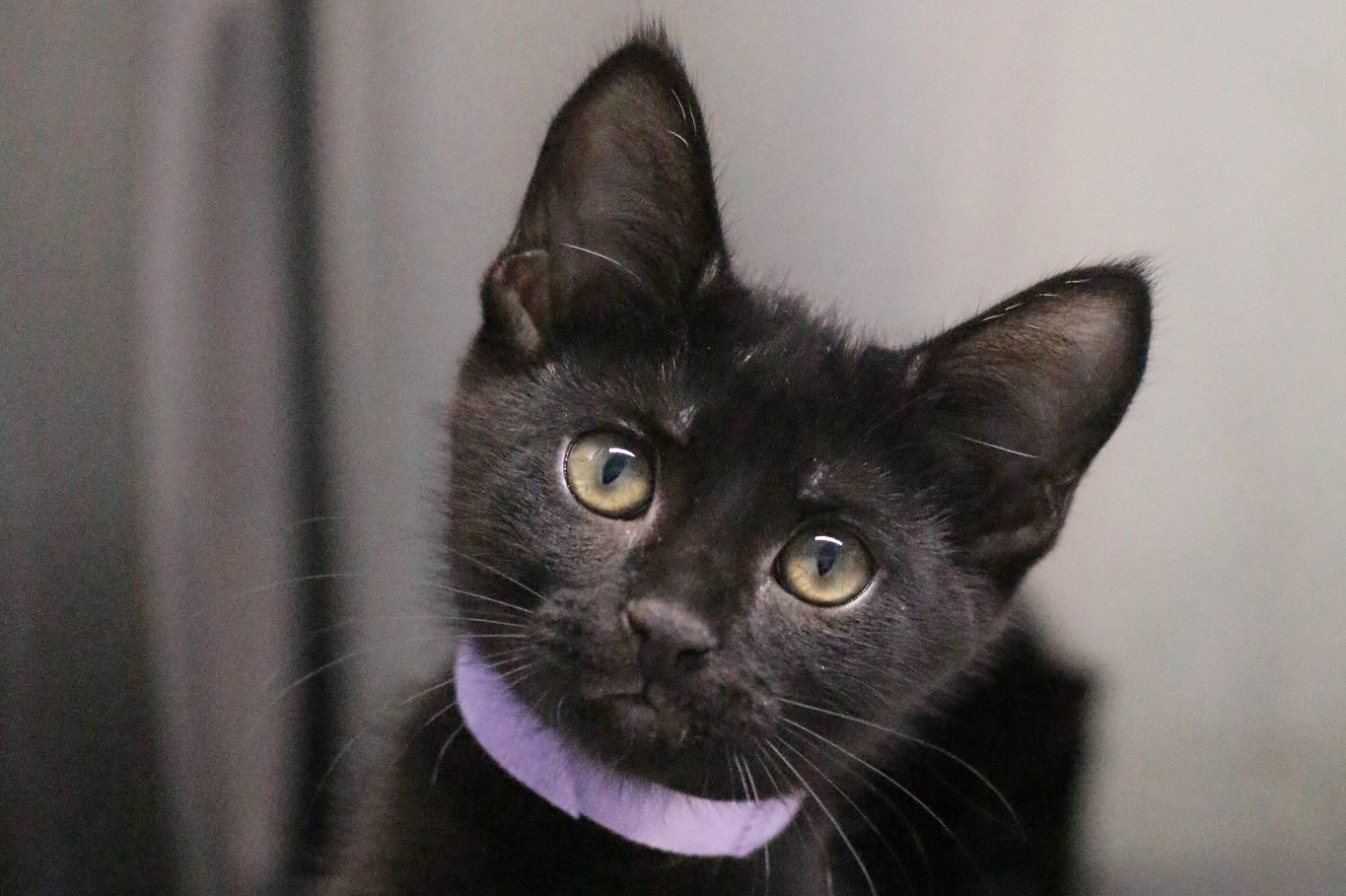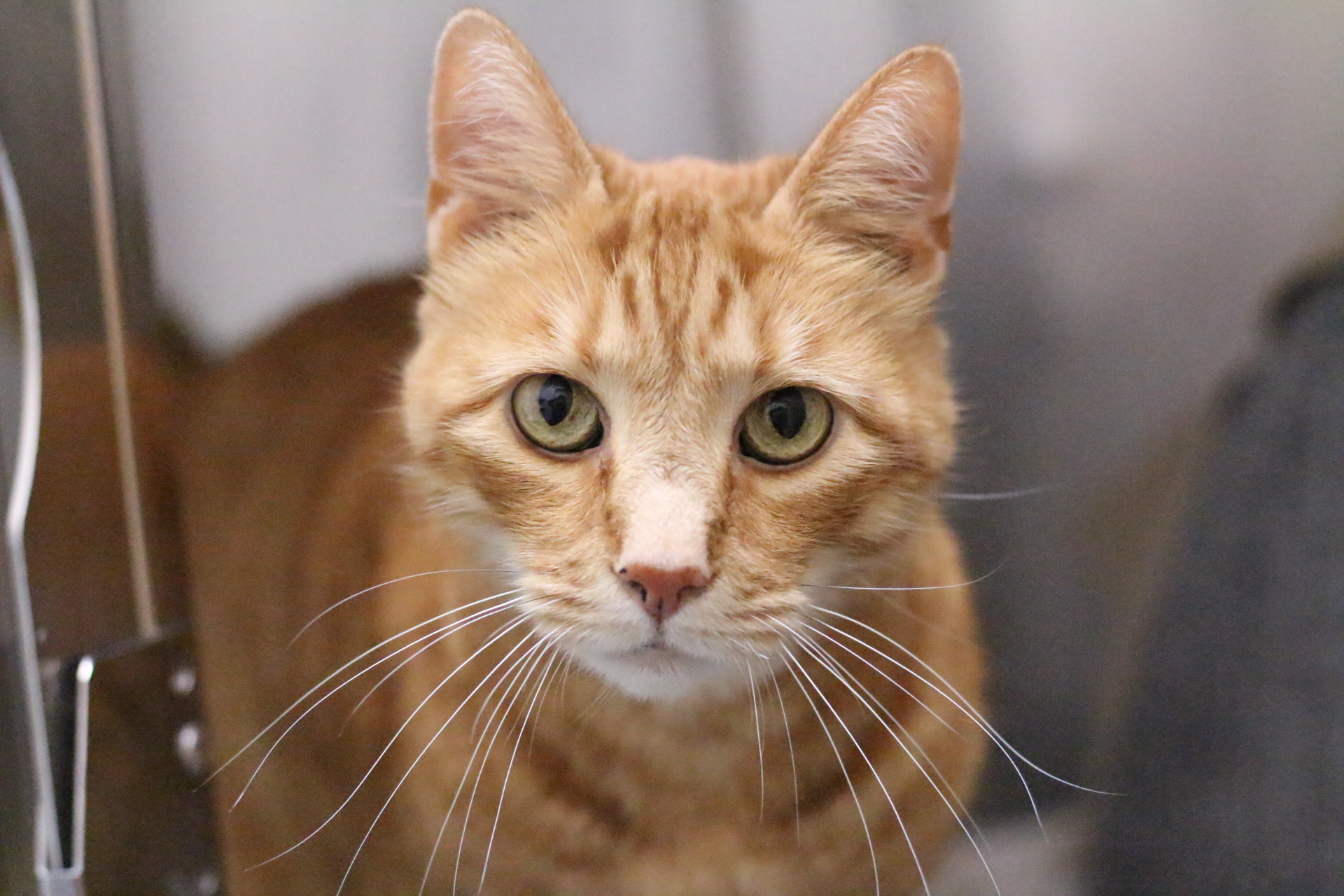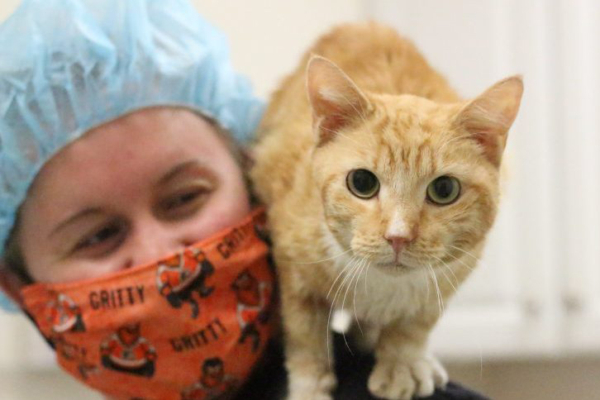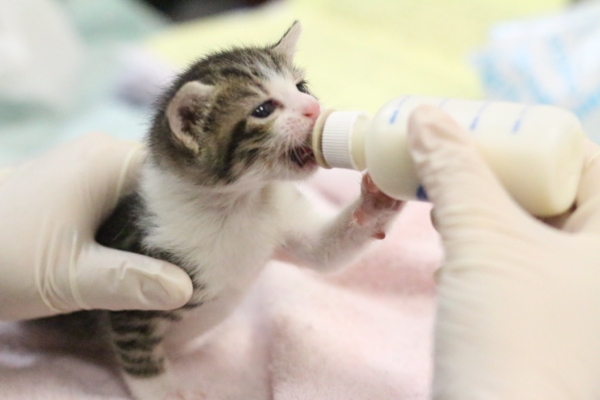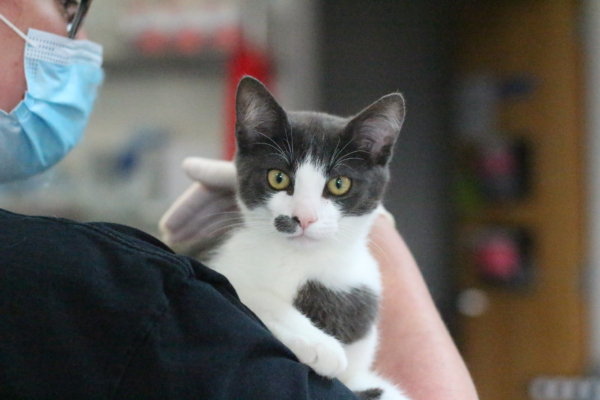Rescuing and caring for cats with ringworm requires time and careful quarantine procedures. This basic treatment makes a big impact.
It is a simple fungal infection of the skin, but ringworm can spread easily to humans and other pets. Since saving animals with ringworm is a time-consuming commitment, they are at high risk of euthanasia when the city shelter becomes full.
Thanks to support from PetSmart Charities, PAWS operates a dedicated ringworm ward to house and care for cats and kittens during this lengthy process. On the grounds of our Grays Ferry clinic but entirely separate from the rest of our animal housing, it is a climate-controlled mini-shelter, custom fitted with 16 caging units. By consolidating ringworm treatment across our facilities, our veterinary staff can work more efficiently and we reduce the risk of infecting other shelter populations.
Our ringworm ward allows PAWS to rescue more ringworm cases than ever before, and enables us to use our existing medical isolation spaces for cats and dogs with other ailments who we would not have been able to save otherwise. The rooms we formerly used for ringworm cats now offer expanded space for us to rescue and care for animals with calicivirus, panleukopenia, parvovirus, and other issues, which in most cases are treatable with enough time and resources.
Saving more animals with special medical needs like these is key to bringing Philadelphia closer to becoming a no-kill city. This program has contributed to the steadily rising save rate for cats in Philadelphia, from 83% when it started in 2017 to 86% and climbing in 2020.
Historically, PAWS would provide the lengthy ringworm treatment and wait for cats to test negative before making them available for adoption. But in 2018, PAWS launched an adoption program for ringworm cats. Through this effort, animals can start their new lives earlier, with adopters bringing them back to PAWS’ clinics for all necessary treatment (lime sulfur dips, medication, and fungal cultures) until they are well. In doing so, we remove a barrier to adoption, provide an earlier exit for shelter cats, and can open more shelter spaces to rescue other cats whose lives depend on it.
While ringworm exists year-round, it is most prevalent during warmer months, so demand for that space is especially high in the summer. Therefore, we offer the same treatment services to foster parents willing to take (or keep) cats and kittens with ringworm home with them. This expansion of our foster program frees up even more space in our dedicated ringworm ward for other cats in need.

